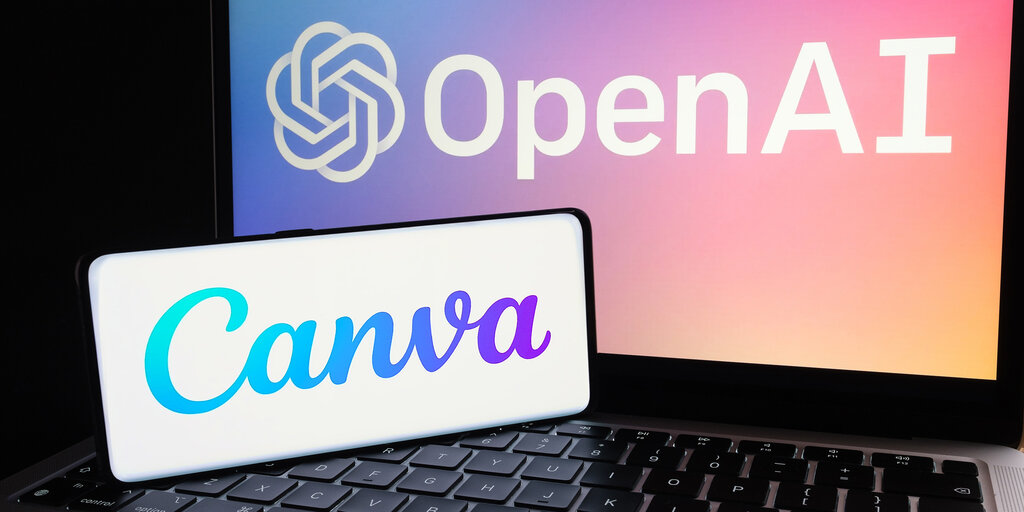This article discusses the recent advancements in AI language models, particularly OpenAI's ChatGPT. It explores the concept of hallucination in AI and the ability of these models to make predictions. The article also introduces the new plugin architecture for ChatGPT, which allows it to access live data from the web and interact with specific websites. The integration of plugins, such as Wolfram|Alpha, enhances the capabilities of ChatGPT and improves its ability to provide accurate answers. The article highlights the potential opportunities and risks associated with these advancements in AI.
- The article discusses the launch of ChatGPT, a language model developed by OpenAI.
- ChatGPT is a free and easy-to-use AI tool that allows users to generate text-based responses.
- The article explores the implications of ChatGPT for various applications, including homework assignments and code generation.
- It highlights the importance of human editing and verification in the context of AI-generated content.
- The article also discusses the potential impact of ChatGPT on platforms like Stack Overflow and the need for moderation and quality control.
Claude, a new AI chatbot developed by Anthropic, offers advantages over OpenAI's ChatGPT, such as the ability to upload and summarize files and handle longer input, making it better suited for parsing large texts and documents.
OpenAI is releasing ChatGPT Enterprise, a version of its AI technology targeted at large businesses, offering enhanced security, privacy, and faster access to its services.
OpenAI has proposed several ways for teachers to use its conversational AI agent, ChatGPT, in classrooms, including assisting language learners, formulating test questions, and teaching critical thinking skills, despite concerns about potential misuse such as plagiarism.
OpenAI, the creator of ChatGPT, has stated that AI detectors are unreliable in determining if students are using the chatbot to cheat, causing concern among teachers and professors.
Morgan Stanley plans to introduce a chatbot developed with OpenAI to assist financial advisers by quickly finding research or forms and potentially creating meeting summaries and follow-up emails.
OpenAI's ChatGPT, the popular AI chatbot, experienced a decline in monthly website visits for the third consecutive month in August, but there are indications that the decline may be leveling off, with an increase in unique visitors and a potential boost from schools embracing the platform.
OpenAI offers ChatGPT plugins through its ChatGPT Plus subscription, providing access to a range of plugins that allow users to interact with external apps and services for various purposes such as travel arrangements, food delivery, job applications, and language learning. The article provides a step-by-step guide on how to access and use these plugins, along with a list of recommended plugins including AI Quest, A Review Summary, A-to-Z Video Summary, Calorie Coach, HiCollectors Finder, Kayak, Music, Podcast Search, Timeport, and What to Watch.
AI-powered chatbots like OpenAI's ChatGPT can effectively and cost-efficiently operate a software development company with minimal human intervention, completing the full software development process in under seven minutes at a cost of less than one dollar on average.
Japan is investing in the development of its own Japanese-language AI chatbots based on the technology used in OpenAI's ChatGPT, addressing the limitations of English-based models in understanding Japanese language and culture.
OpenAI, a leading startup in artificial intelligence (AI), has established an early lead in the industry with its app ChatGPT and its latest AI model, GPT-4, surpassing competitors and earning revenues at an annualized rate of $1 billion, but it must navigate challenges and adapt to remain at the forefront of the AI market.
Google aims to improve its chatbot, Bard, by integrating it with popular consumer services like Gmail and YouTube, making it a close contender to OpenAI's ChatGPT, with nearly 200 million visits in August; Google also introduced new features to replicate the capabilities of its search engine and address the issue of misinformation by implementing a fact-checking system.
OpenAI released DALL-E 3, a more advanced image generator, and incorporated it into its popular chatbot ChatGPT, allowing the chatbot to produce shockingly detailed images.
An anonymous Ethereum developer has created code that combines OpenAI's ChatGPT API with his own script to enable an AI chatbot to generate new ERC-20 tokens automatically. The developer has already launched a public token called AstroPepeX (APX), which has generated significant trading volume, and plans to publish a user interface for non-technical users to launch their own tokens on Ethereum using ChatGPT.
